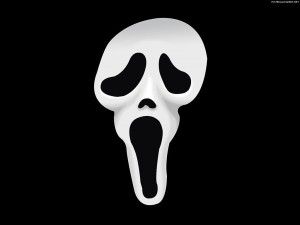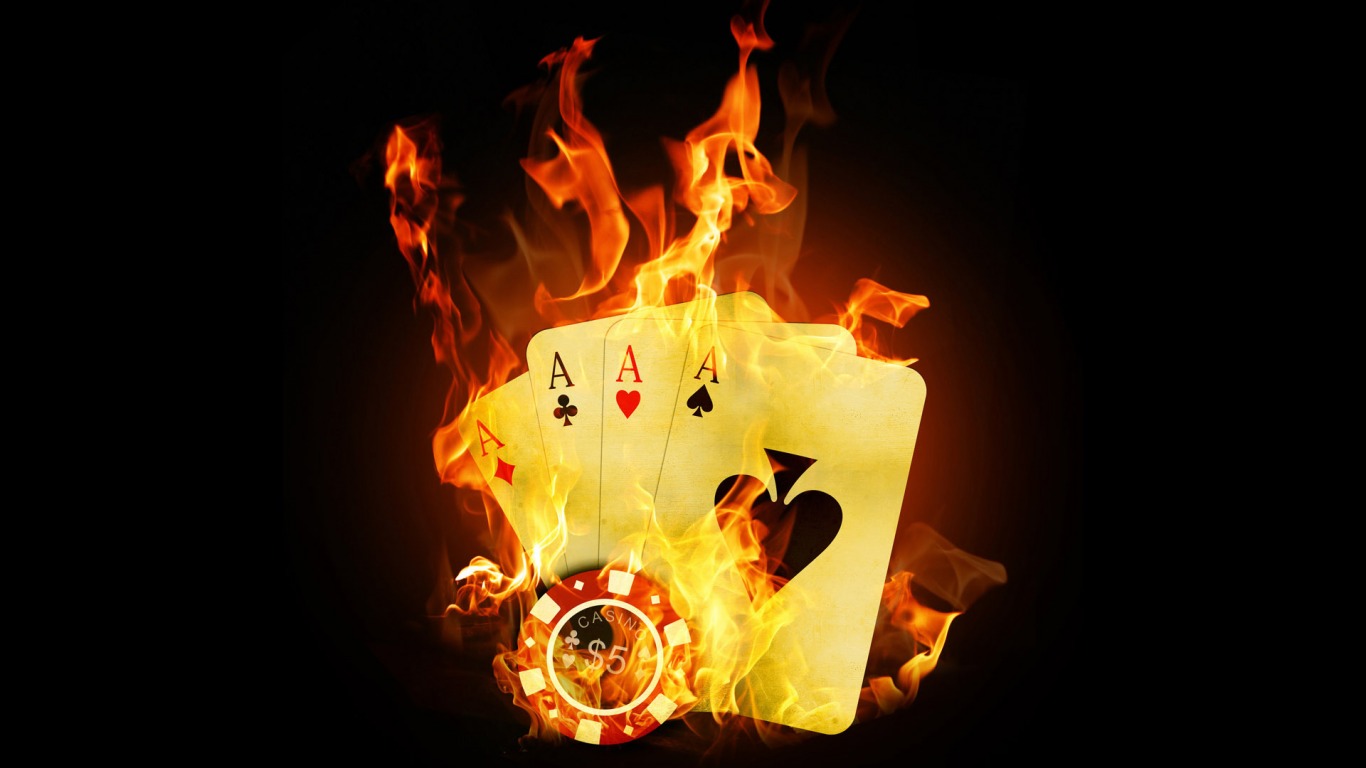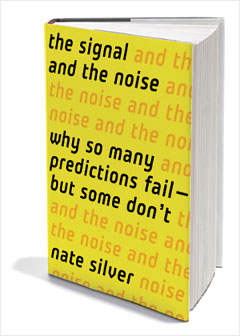
This article is courtesy of Muchos Poker! If you still have no account with Muchos Poker, you can get one with rakeback with PokerCollectif!!
Today, PokerCollectif presents a translation of an article by Andrew Brokos, an author known as well as a poker pro player. The title of the article is: "Have you ever heard the phrase scare card"? If you want to learn more about the "scare card" (which can be translated as 'dangerous card'), the following article is for you.
An argument against the slowplay is that a "scare card" can fall on the next street. Such a card may cost you the hero the pot or may make an opponent with a better 2nd hand invest less money than expected in the pot, frightened by this scare card. Therefore, it is often said that one should not slowplayer when several prints are possible (flush, straight, etc.) because a scare card will make us lose our action.
In this article, we will try to show you that sometimes, these scare cards will ensure that hero will be pay by hands that have not paid if these scare cards had not fallen. In short, the scare card can sometimes generate action for the benefit of hero.
It may be because your opponent completes a (weaker) hand or because it will be attempted to bluff.
In this case, the scare card will be not dangerous at all! It will be desirable to slowplayer, even if a scare card may appear on an upcoming street. Suppose a part of Hold'em no limit with blinds at $ 5 and $ 10. You open up to $ 20 with AhTh button. The big blind which is a regular of these parties knows that you open lots of hands on your button and call your raise. The flop comes QhTd5h and your opponent check.
There is nothing wrong to bet here since you have a very strong hand and that you can afford by caller a raise. But here, you decide to checker rather than bet. Your opponent puts you on a big range given that you're on the button, and you open a big percentage of your hands. But another thing is for certain: If your range is vast, the range of your opponent is as vast as it you know. On the other hand, the range of your opponent is normal since you can imagine caller preflop with AK, AQ or AA for example. With these hands, it will be rather of 3better preflop type.
Consider what might happen on several types of scare card on the turn. If a heart, you have the nuts. What is even more important, is that your opponent expects that you bettiez the majority of your flush draws on the flop. For this reason, if you hit the nuts on the turn, your hand is not transparent. The fact Checker the flop and bet when a 3rd heart falls on the turn will give the impression to your opponent that you are bluffing. Your opponent will have difficulty to folder when you wager on this turn.
The 3rd heart on the turn might induce your opponent to bluff because you do not seem to have flush yourself and even more so if he has a heart in his hand like a King for example. Therefore, a third heart will be far from a card that will kill your action. On the contrary, it may well generate more.
An ACE would also be a good card to your hand. The only hand that would beat you in the range of your opponent might be KJ, but this hand would not folde flop anyway (you would have therefore lost that even more money). Otherwise, the ACE is another card on which your opponent could bluff you (which will be to your advantage).
It is also possible that your opponent tries to bluff you. If you bet the ACE on the turn, your opponent will be able to give you credit for an ACE, but no more. He will think you ever 2 pairs because you would probably bet all your pairs on the flop. Therefore your range will most often be an ACE more or less kicked 2 pairs or better. It might be tempting to bluff you your ACE.
A card like a K or a J are not good maps for you, but these cards will give prints to your opponent, which could induce him to bet. Guests caller since you will often have the best hand and that you can improve your hand on the river. In short, your ace high will dominate his prints.
What I'm trying to say here is that the scare cards are not so dangerous for you and these cards will often be to your advantage. Therefore, your check on the flop will ensure that you'll get action more often on the turn (and your opponent bluffera the turn more often). When you play against an opponent who made good readings, it is important to protect your range and not always checker his weak hands and not always bet his prints and his large hands on the flop. What is important is to be able to have any hand in your range, regardless of the card on the turn. Each card on the turn must improve a part of your range. In being swung, you avoid that scare cards are cards for you scare.
The scare card are not always dangerous, especially if you are able to make good reads. If you are capable of knowing how your opponent is going to interpret your check or bet for example on a specific street, it will be easier to play the upcoming streets and good play the cards scare. You can thus protect against the bluff.
You can discuss this strategy article on PokerCollectif forums: strategy: have you ever heard of the scare cards?




